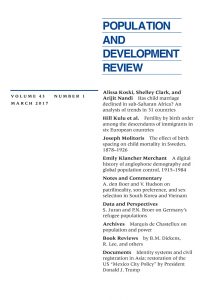Facebook In Iran: Social Movements and Democracy

by NickieWild
Although Iran has been known to censor internet sites based upon “moral” objections to content, political censorship is prevalent as well. However, Iranians account for over 50% of all internet users in the Middle East, with over a third of their population being connected. As in most other countries, the net is a youth-driven phenomenon, and the popularity of Facebook in Iran has grown accordingly. Mir Hussein Moussavi, a moderate challenger to the presidency of Mahmoud Ahmadinejad, has many supporters on Facebook. Information on rallies is often distributed this way. Thus, it is no surprise that last week, monitoring groups reported that the Iranian government blocked access to Facebook.
What is surprising is that this decision was reversed this week. When questioned about the block recently in media interviews, Ahmadinejad said he didn’t know why it had happened, and would look into it. While Iran claims to be a democracy, the government frequently bans demonstrations; however, it cannot disallow the existence of opposition candidates. Social movement theorists argue that social networking sites, such as Facebook, are becoming key to the success of social movements, since they are difficult to restrict while keeping the appearance of the free flow of information.
















1520-6688/asset/Capture.jpg?v=1&s=b5076c49a7d1c5f1b9cf0dd9cd292394a3be81cc)
1540-6210/asset/society_affiliation_image.gif?v=1&s=812a48e1b22880cc84f94f210b57b44da3ec16f9)
I look forward to following this story as the Iranian election approaches!
Keri